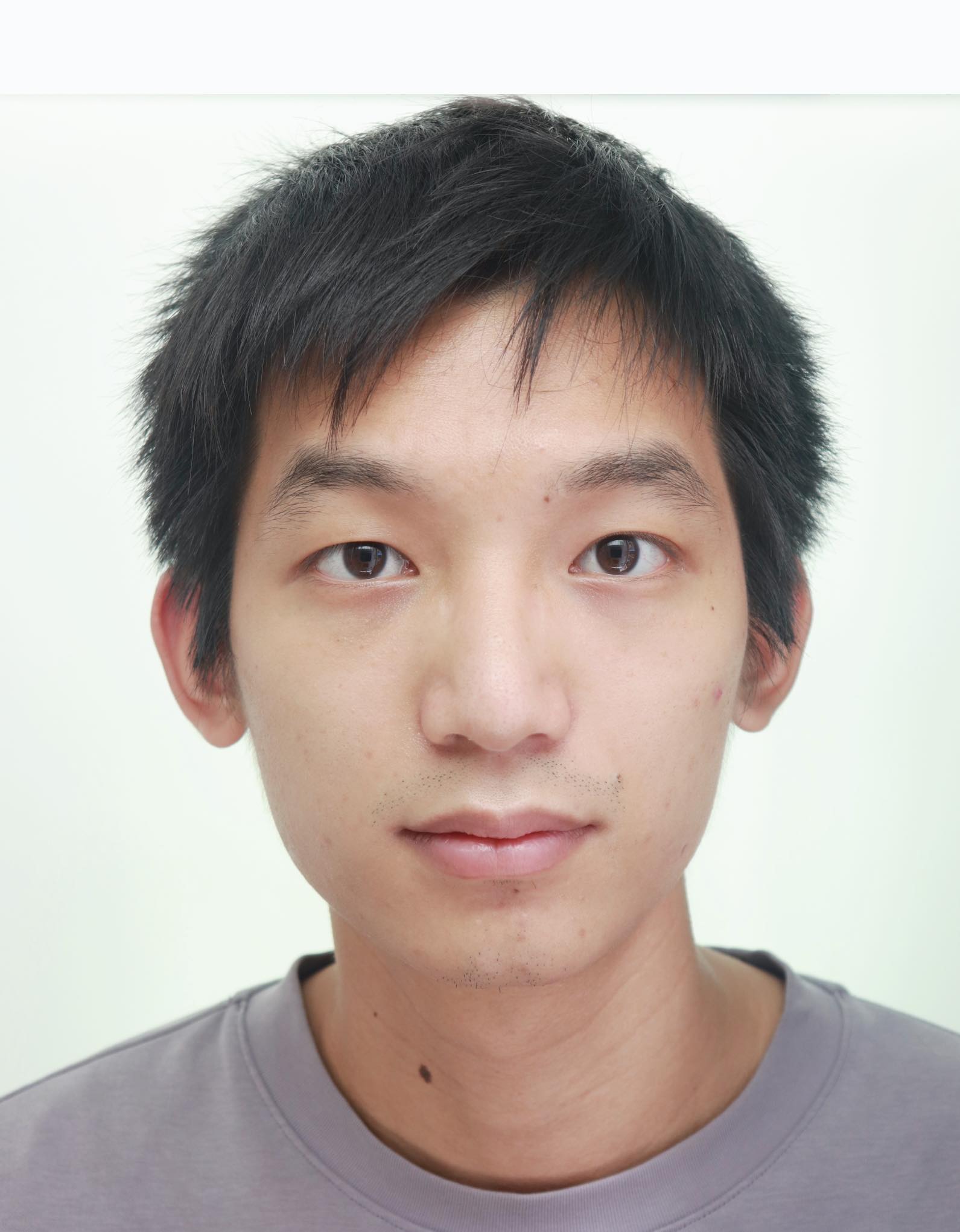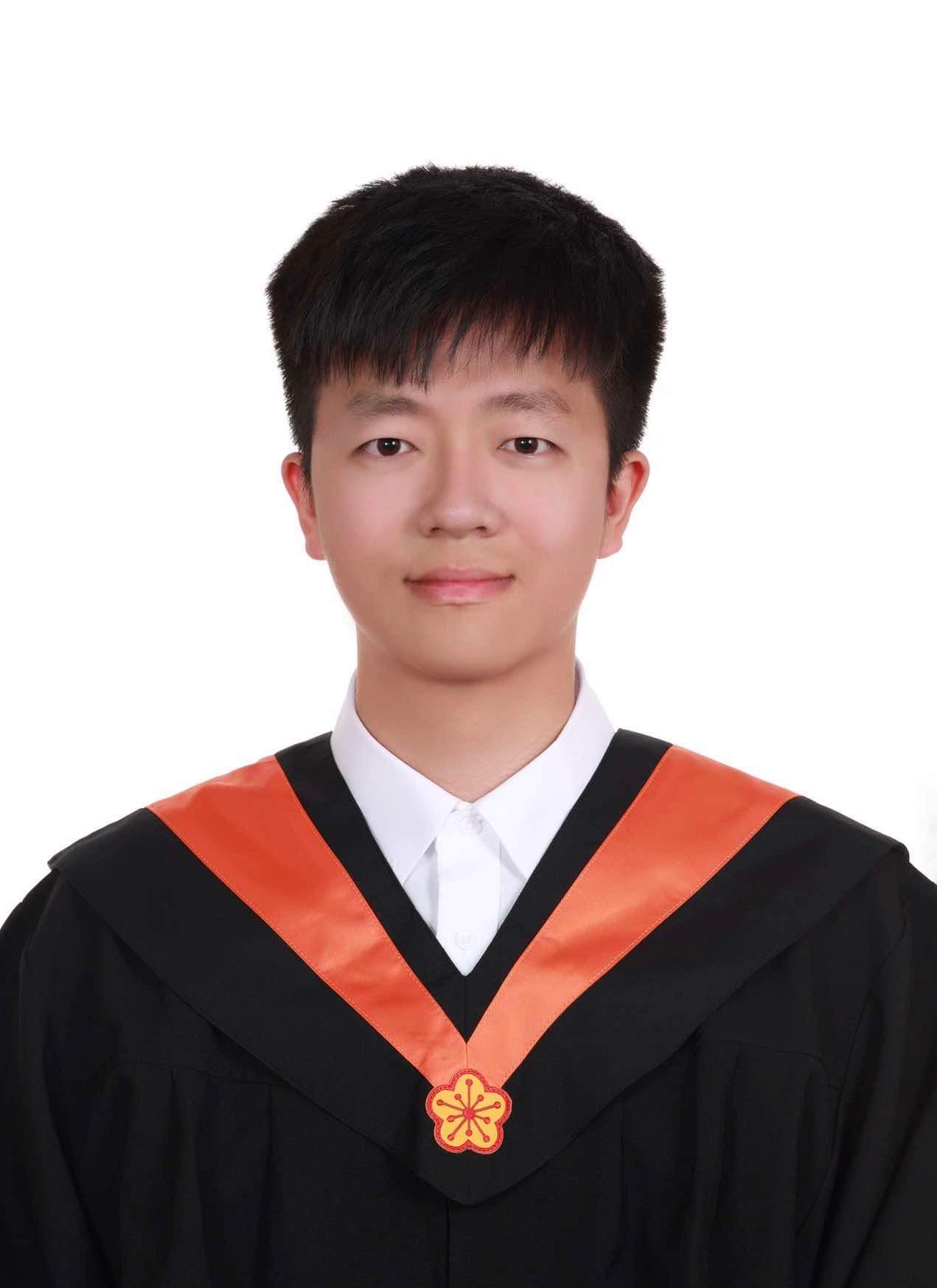Assessment of New Technology Such as Devices and Materials
(TC73) Autonomous Root Canal Treatment with Robotic Assistance and Learning-Based Planning

Yi-Ching Ho, D.D.S., Ph.D.
Associate professor
Taipei Veterans General Hospital
Taipei City, Taipei, Taiwan (Republic of China)
Shao-Lun Chang, M.S.
Graduate Research Assistant
National Taiwan University
Taipei, Taipei, Taiwan (Republic of China)
Hao-Fang Cheng, M.S.
Research Assistant
National Taiwan University
Taipei, Taipei, Taiwan (Republic of China)
Cheng-Wei Chen, Ph.D.
Associate Professor
Taipei, Taipei, Taiwan (Republic of China)
Presenter(s)
Co-Author(s)
The integration of advanced robotic and machine learning technologies has significantly enhanced the precision and intelligence of dental procedures, attracting increasing academic and clinical attention. While the majority of robotic systems have been developed to assist with implant placement, we introduce DentiBot, a pioneering robotic platform specifically tailored for root canal treatment (RCT). DentiBot is designed to autonomously execute the critical steps of RCT, including access opening, and root canal cleaning and shaping, through a novel combination of learning-based surgical planning and real-time force feedback. Ex vivo experiments conducted on extracted human teeth demonstrate DentiBot’s robust capability in automating these procedures, even accounting for potential patient movements during surgery. This table clinic aims to present the novel RCT methodology facilitated by the DentiBot system. The proposed system enables clinicians to supervise the autonomous operation, allowing for real-time assessment and intervention only when clinically necessary. By minimizing the need for manual intervention, DentiBot offers a paradigm shift in the delivery of endodontic treatment, contributing to enhanced procedural accuracy, efficiency, and patient safety. This research represents a significant advancement in dental robotics, highlighting the potential for autonomous systems to elevate clinical practice and reduce the workload of dental clinicians while maintaining high standards of care.

.png)
.png)
.png)
.png)